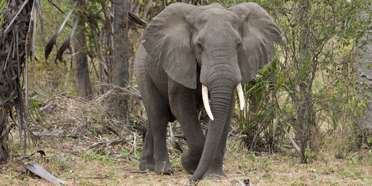- You are here:
- Home
- Countries & Parks
- Mozambique Parks
- Niassa Special Reserve
- Malaria & Safety
Malaria & Safety – Niassa SR

Philip is a renowned Africa expert and author of many guidebooks to African destinations, including the Bradt guide to Mozambique.
Philip is a renowned Africa expert and author of the Bradt guidebook to Mozambique.
Philip is the author of the Bradt guidebook to Mozambique.
Safety
Niassa Special Reserve is generally safe to visit, especially on an organized expedition. It is, however, very remote and self-drive visitors should ideally travel with two vehicles.
If you are traveling independently around Mozambique, you should keep in mind that petty crime can be a problem in cities, as is the case worldwide. More information is in the ‘Cities & Urban Areas: Safety Precautions’ link below.
For current information about safety in Mozambique, please check the government travel advisories (see the ‘Governments’ Travel Advice for Mozambique’ link below).
- General Travel Safety Precautions
- Cities & Urban Areas: Safety Precautions
- Safety & Security – Mozambique
- Governments’ Travel Advice for Mozambique
Malaria & Vaccinations
Niassa lies in a malaria zone. Taking antimalarial medication and applying mosquito repellent (those containing DEET are most effective) is advisable. It’s also recommended to cover up in the evening by wearing long trousers, sleeves and closed shoes.
You should consult your local doctor or travel clinic to ensure you are up to date with the recommended vaccinations before departing for Mozambique.
Wildlife Viewing
As long as you follow the rules of the reserve and keep a respectful distance from animals, wildlife viewing is very safe. It is essential to stay in your car, unless you are in a designated area where you may alight from your vehicle.
For more information, read the ‘Wildlife Viewing Safety Precautions’ below.


 Mozambique Parks
Mozambique Parks